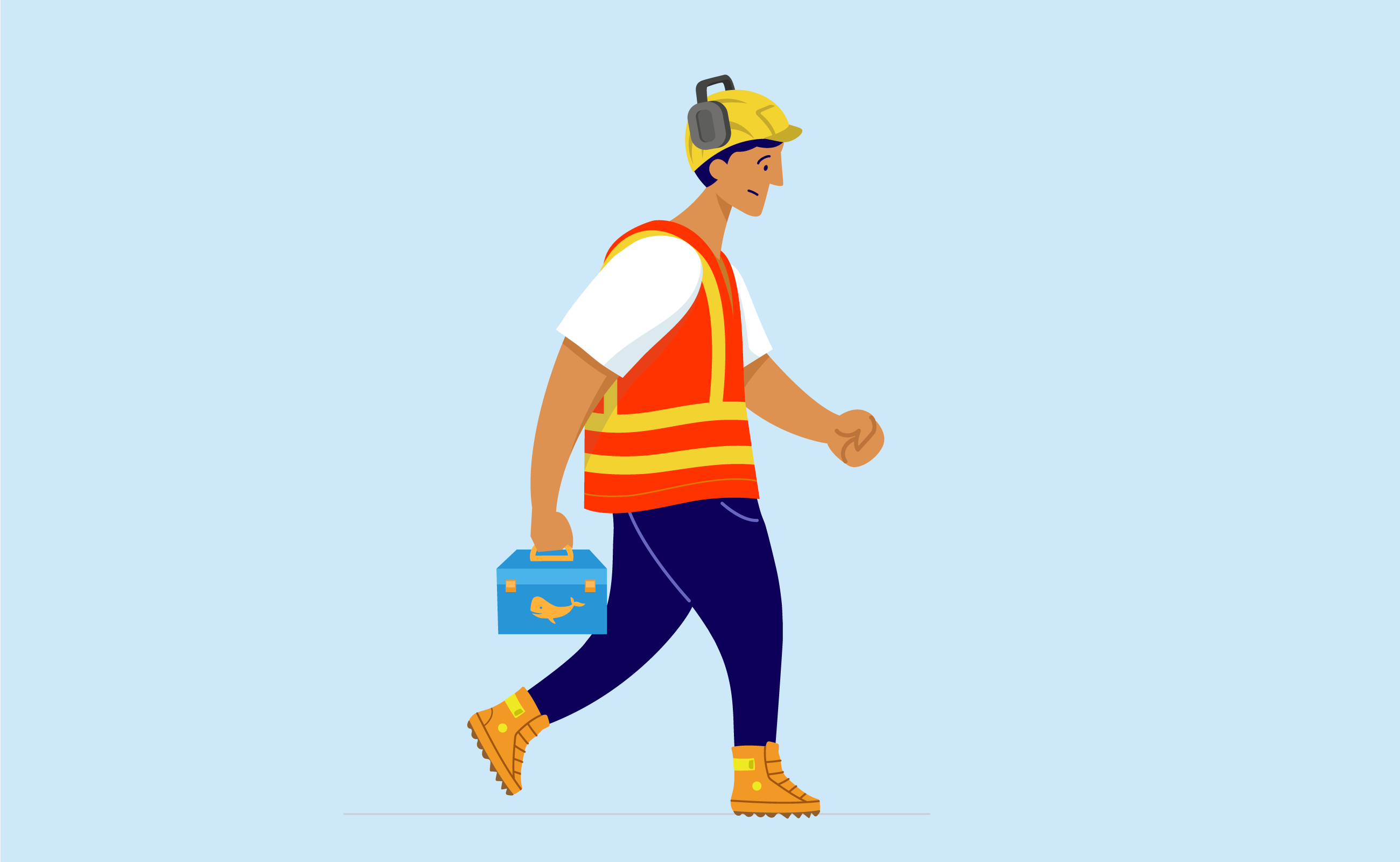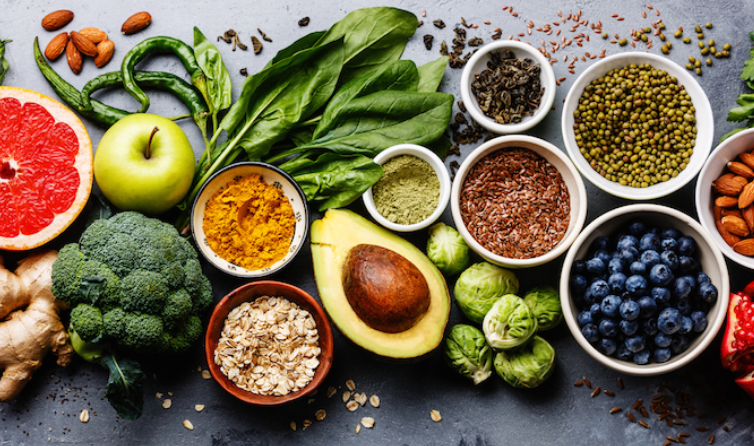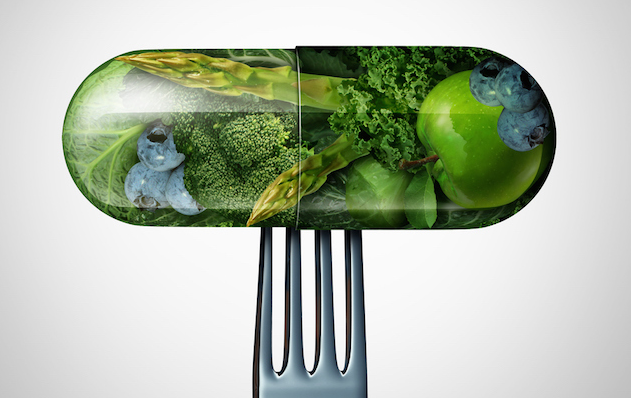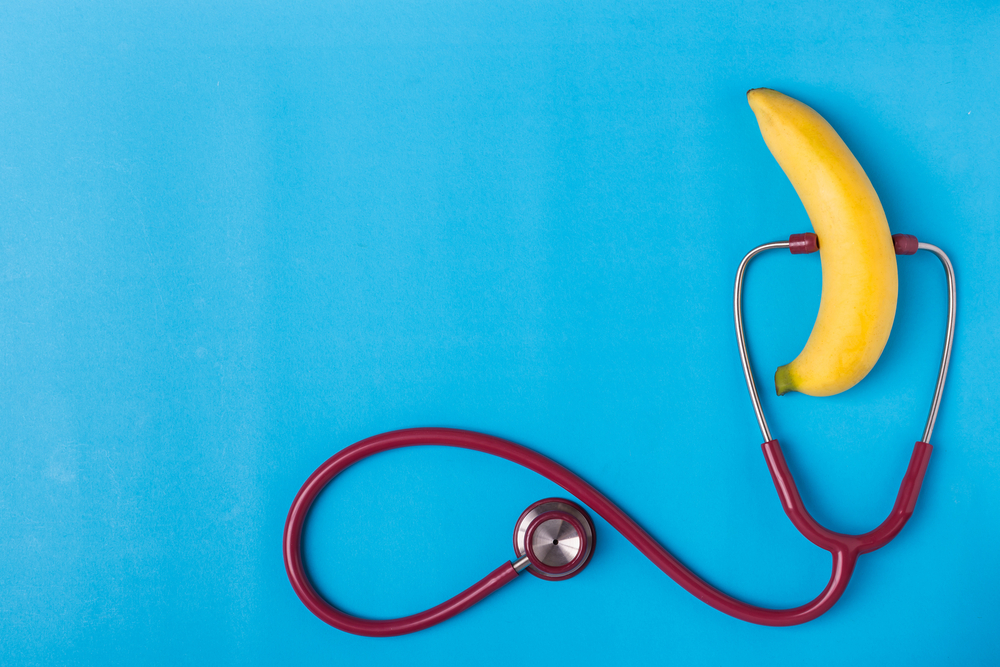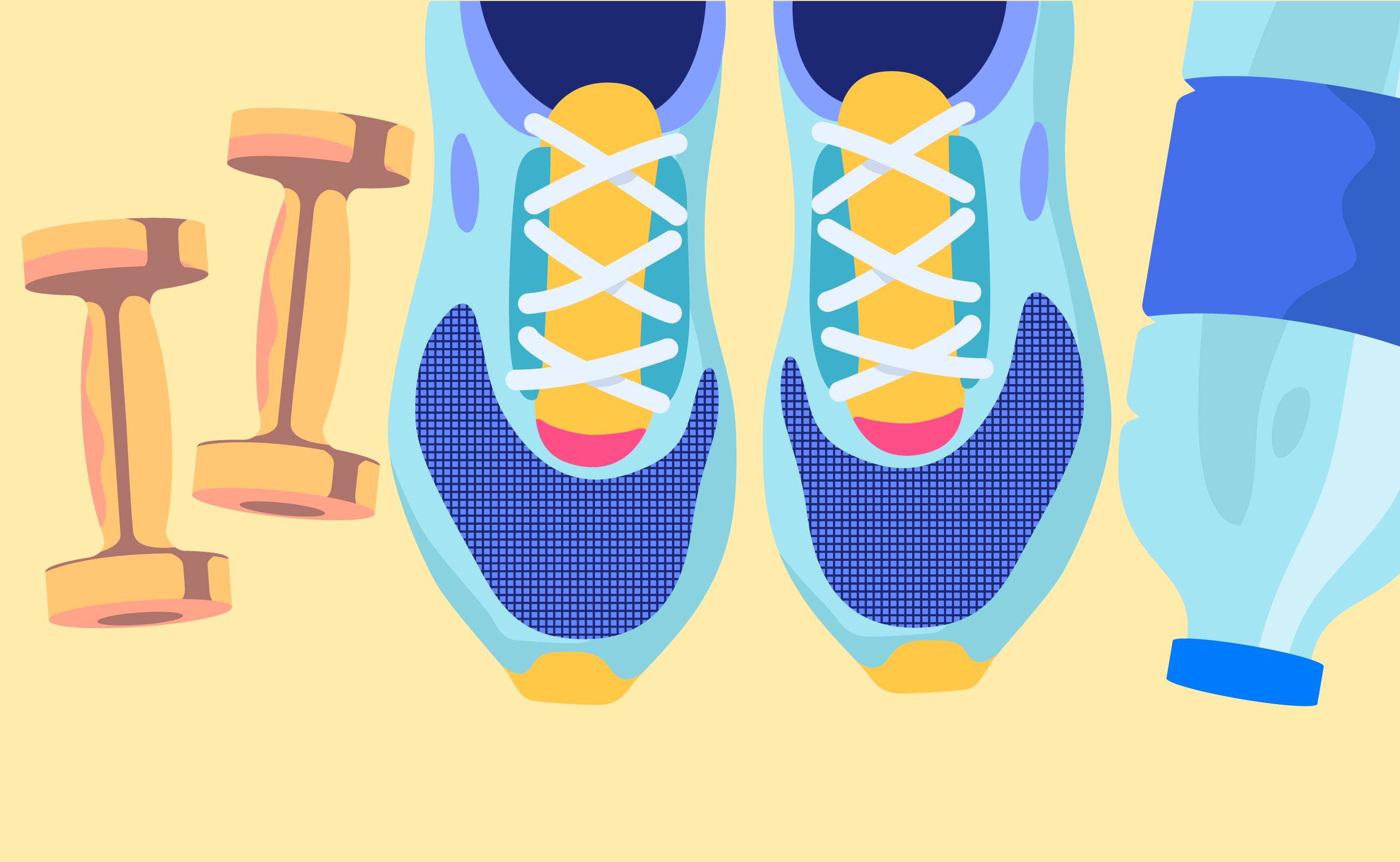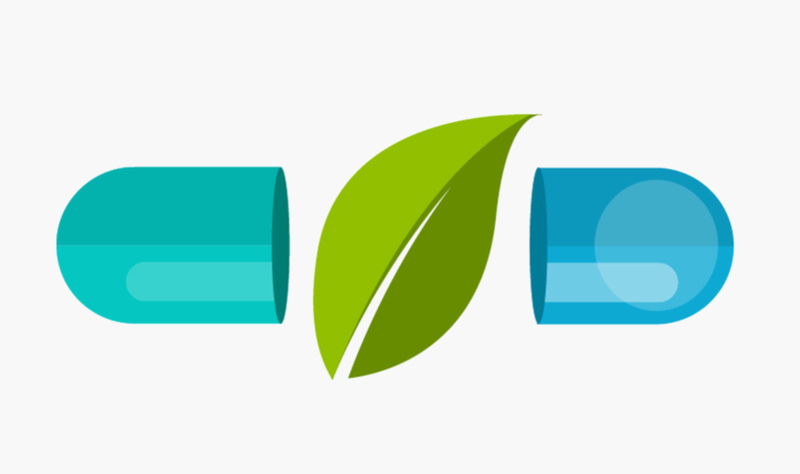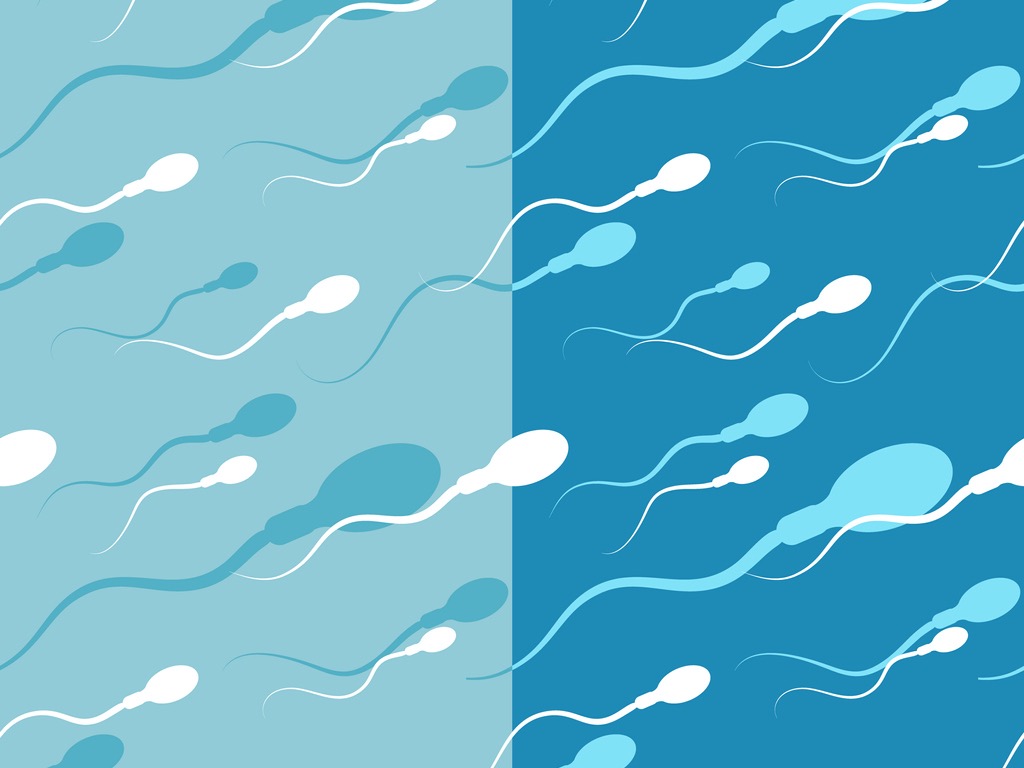You may not realize it, but things that you come into contact with every day can negatively impact your current and future sperm health.
Air pollution
Exposure to outdoor air pollutants, such as particulate matter, nitrogen oxides, and ozone, may disrupt hormone levels and reduce your sperm quality.
- Lead particles pose the greatest risk.
What can I do to reduce my exposure to air pollution?
- It is difficult to reduce all exposure to air pollution. However, you can monitor the air quality of your city and reduce your time outside when levels of air pollution are high.
- Check your local air quality health index conditions.
- Don’t smoke and avoid being around other people who are smoking. The smoke from cigarettes contains harmful chemicals like lead and cadmium.
- Here are some tips to help you quit smoking:
- Avoid indoor air pollutants such as:
- Wood-burning stoves
- Gas stoves that are not well ventilated
- Odours from harsh cleaning chemicals and paint
- Asbestos and lead found in old buildings
Water pollution
Heavy metals and toxins found in water can impact your fertility. There is good news, though: Canada regulates levels of these pollutants found in public water supplies.
- Know what’s in your pipes. You can also get your water tested for lead by the city for about $200. You can avoid high levels of lead by filtering your water with special filters. Click here to learn more about guidelines for Canadian drinking water quality.
DID YOU KNOW?
Be careful of drinking water from plastic bottles that contain BPA (bisphenol A). Switch to glass or stainless steel bottles.
- If you get your water from a well, you may want to test the levels of metals in your water.
- You can buy a home test to assess your water quality. Just check the packaging to make sure the test is calibrated to the Canadian Water Quality Guidelines.
- Click here for more information about lead and water testing.
Work
If you work in one of the following industries, you may want to make sure that your eating, drinking, and hobbies do not involve extra exposure to heavy metals that can impact fertility. Also, make sure that you are following all professional guidelines to prevent exposure to these harmful chemicals.
- Agricultural work and forestry:
- Arsenic found in pesticides
- Industrial work (for example, shoe/leather industry, shipyard workers, plumbers, rubber plants, working with glues):
- Lead, manganese, and vanadium may impact fertility. Nickel can also impact fertility if you are not getting enough dietary protein.
- Mining:
- Manganese and mercury
- Welders:
- Lead and chromium
Food
Heavy metals can also be found in foods. Limit your intake of foods that are high in the following metals:
- Mercury, which is found in fish like shark or swordfish.
- Cadmium, which is found in kidneys and livers of mammals fed with cadmium-rich diets (for example, pigs and cows). Rice grown in polluted soil can also contain cadmium. Switching to organic sources of these foods can help reduce your consumption.
Click here for more information on metals as contaminants in food.
If you’re concerned about exposure to these chemicals, talk to your doctor about getting your blood or urine tested.
Chemicals
- Being around, smelling and eating certain chemicals may affect how much sperm you produce. Click here to learn more about how to avoid chemicals that can impact fertility.
- Here are some chemicals to be aware of:
- Pesticides
- Pesticides are products used to control insects, weeds (herbicides), bacteria, and fungi. They are found in and on the food we eat. Agricultural workers and some horticulturists are at the highest risk as they are routinely exposed to high levels of pesticides.
- How do I reduce consuming pesticides?
- Buying organic food is the best way to avoid pesticides.
- Scrubbing your fruits and vegetables with water helps, but water does not remove all pesticides as they can penetrate the fruit and vegetable skins.
- You can wash your fruits and vegetables with vinegar to get rid of that extra pesticide layer. Or you can peel off a layer of skin to try to take off any pesticides.
- Beware of products that claim to wash away pesticides. They are often costly, do not usually work and sometimes just add more chemicals to your food.
- Pesticides
RESOURCES
Which fruits and veggies might I buy organic?
- There is no need to toss out all your produce today and only buy organic, which is more expensive. There are choices you can make! You can decide to buy organic when choosing foods known to have high pesticide levels. Visit these websites to learn more about pesticides in produce and which fruits and veggies are best to buy organic.
- Bisphenols and phthalates
- Bisphenols like bisphenol A (BPA), bisphenol S (BPS), and phthalates are found in plastics, like in the plastic containers or wrapping that is used to package our food. You can also find it in water bottles.
- How can I reduce my exposure to BPA, BPS, and phthalates?
- Switch out your plastic for glass options.
- Avoid heating food and beverages in plastic containers.
- Read the label of the products you buy. Look for both BPA and BPS-free. Many more plastics in Canada are now becoming BPA-free, but not necessarily BPS free. Check for both!
Hobbies
The following hobbies may impact your fertility:
- Gardening
- If you have a garden, consider growing without pesticides/herbicides. That way, you’ll reduce both your exposure and consumption of herbicides and pesticides.
- Art work, including painting, making jewelry, ceramics, and stained glass.
- Choose art supplies that are toxin-free. Read the labels on the products you use.
